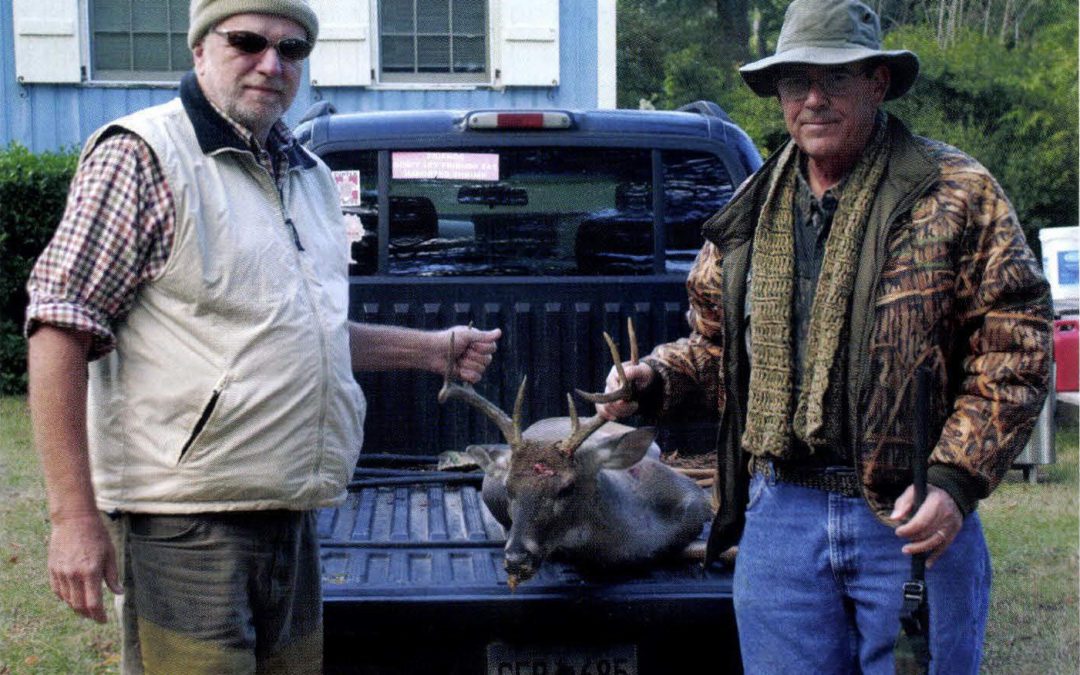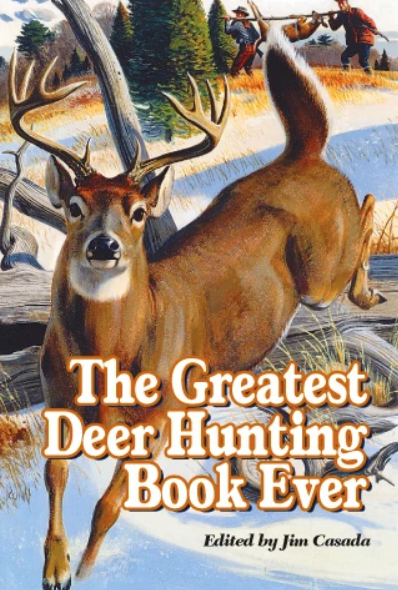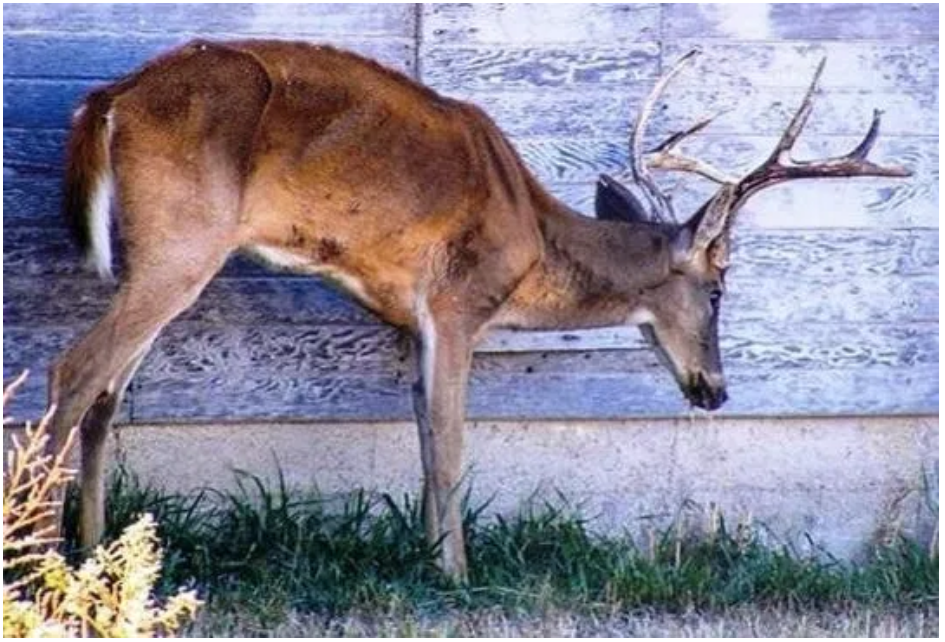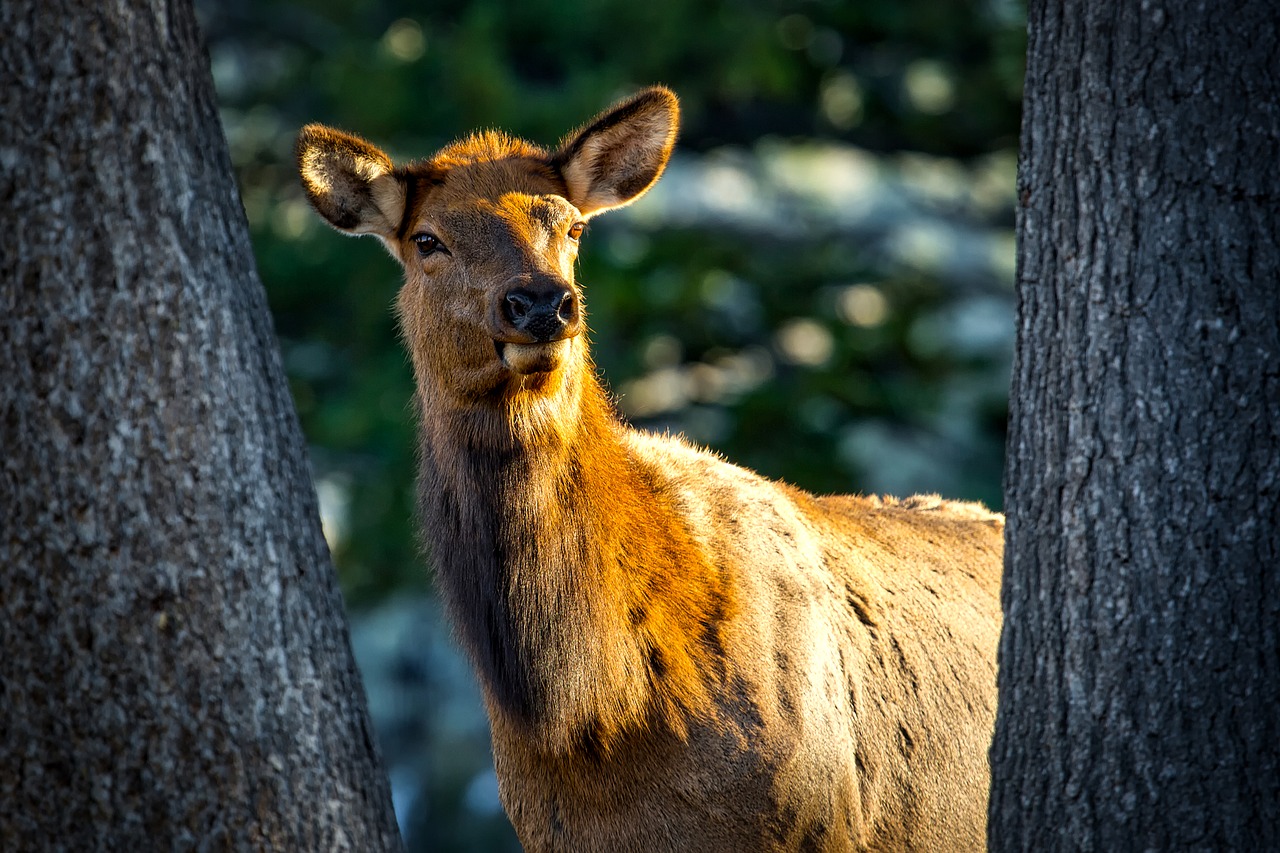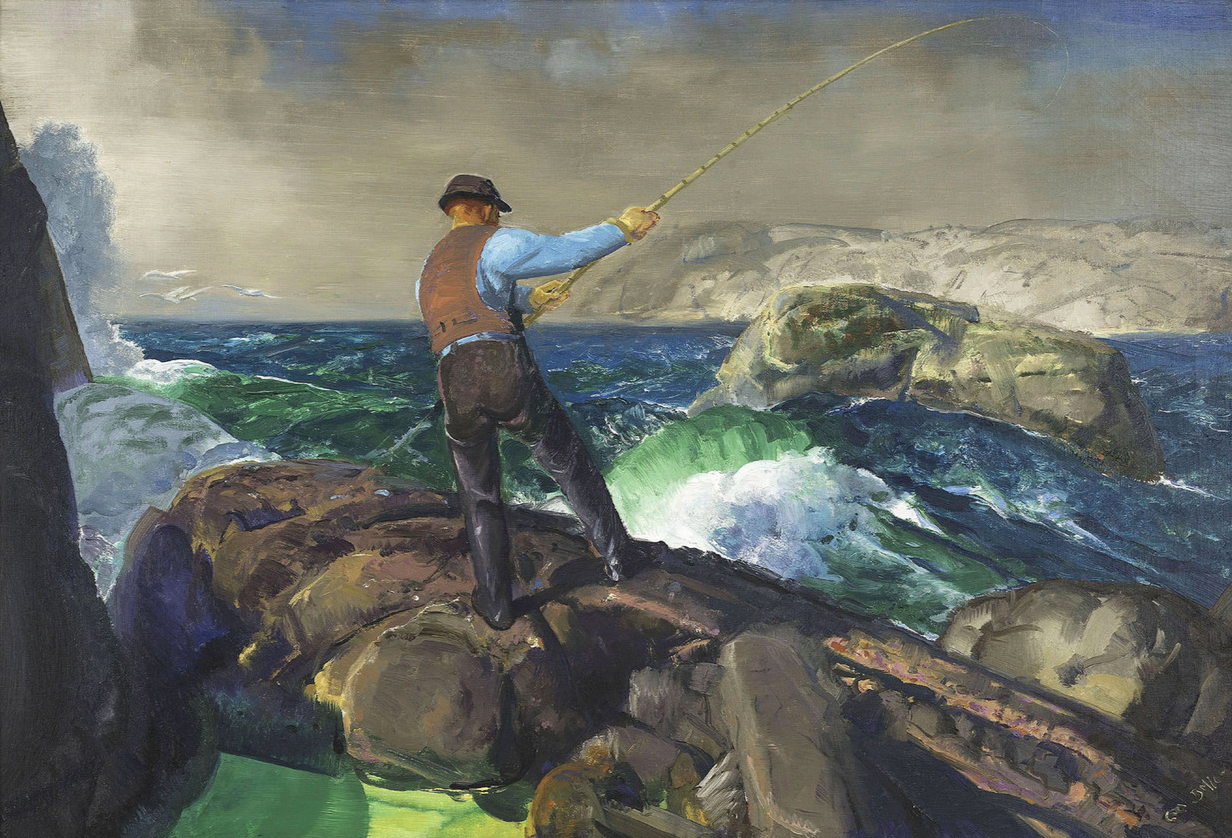Fifty years later, the old men were boys once again.
I suppose there was a time when the Captain and I did not know one another, when he did not call me a smart ass, but neither of us can recall when that might have been. We are about half senile now, or at least we pretend to be whenever it suits. Deaf too for the same reasons.
I’d bring my shotgun to junior high, a single barrel Harrington & Richardson 20 gauge, a box or two of low brass No. 8s, cheapest I could find. We’d ride the school bus to his daddy’s farm. He’d break out his Winchester Model 12, another 20 gauge, and we’d shoot us a mess of doves for supper. We’d walk the railroad back home and full of devilment, bridge the rails with our gun barrels, dropping the cross arms and stopping traffic on US 21. A boy could do such things back then without getting ventilated by Homeland Security.
But we inherited our own precious world. No VHF, no CPS, no EMS, no DSS or Child Protective Services, thank God for all of it. We hunted, we fished, we were cast adrift and cast ashore. We were marooned, harried by waterspouts, windblown, sunburned, lit up by lightning, shot at, but Praise Jesus, never hit. We killed deer, wild hogs, quail, ducks, rails and damn near ourselves but not quite.
But then there were the women, and I really should not complain. We double dated in his 1956 Packard Clipper, a boudoir of a back seat and a 200-horsepower V-8.
“Hey Captain, thing got only two speeds – idling or wide-ass open?”
“Smart ass!”
The girls gobbled our oysters and swilled our beer and conspired amongst themselves in the pisser. Aggravating wenches, they would never give it up without some sort of ring, and a pop-top peeled off a Colt 45 Malt Liquor would not suffice. But they smelled so good, Edwards five and dime perfume and the seawind in their hair on full moon nights, a boy might promise them anything.
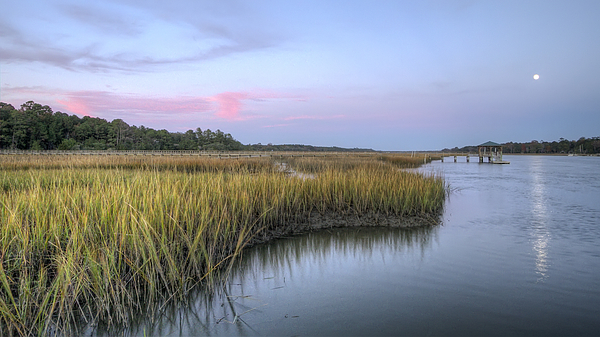
He wasn’t Captain and I wasn’t a writer back then, we were just a couple of smart ass kids from the tidewater, scared half to death at what the world was fixing to throw at us. But we wouldn’t let on, no sir, no ma’am.
He wanted an appointment to the Naval Academy but settled for second choice, an ROTC scholarship at Ole Miss. I wanted to be left alone, and I settled for second choice too, a rocky farm in northern Minnesota, a log house and barn at the end of a five-mile dead-end road. We did not see each other again for almost 20 years.
But I heard tell of his comings and goings. He was at Pearl Harbor, roaring the coastal roads in a rag-top Mustang. He was a gunnery officer on a destroyer in the South China Sea, shelling hell out of the North Vietnamese. He was engineering officer on the battleship New Jersey, shelling hell out of the Syrians, the first two true, the third not quite.
One day I got an unusual little envelope from the RFD man. It was gold on white like a wedding invitation, but official Navy stationary, postmarked U. S. Naval Station, Mayport, Florida.
“Your presence is respectfully requested at the change of command ceremony…” It was the Captain, captain at last. I suppose he would have been happy with a supply ship or a big oiler, but the Navy must have known about that Packard Clipper and the ragtop Mustang for they gave him command of Antrim, a guided missile frigate. She was 400-plus feet with 41 ,000 horsepower and so quick the bridge had hand-straps like a New York City subway car, so its nautical acrobatics would not throw men to the deck.
I suppose I looked like Paul Bunion’s bastard brother, full beard, L.L. Bean plaid wool jacket and a red stocking cap with a block pompom at the crown big as a cathead biscuit. There was predictable confusion in the receiving line. The departing officer did not recognize me and the arriving officer did not either, at least ’till I slipped him an old black-and-white photo of the two of us hanging off the front bumper of the Prichard’s mule, transport to and from our favorite spot-tail slough so long before.
Captains don’t cry, do they? Of course not. “Smart ass,” he said. “Meet me at the officer’s club bar in thirty minutes.”
I did.
About the time I thought things were damn near perfect, the Captain drew the annual Great Lakes Cruise, up the St. Lawrence, all the way to Duluth, a show and tell at a dozen U.S. and Canadian ports, Antrim’s keel finally 600 feet above sea level, only 200 miles from my dead-end farm. I rode the ship four days.
“And sir,” one of his junior officers inquired, “just what is your position on this ship?”
We had a Junior Grade German aboard, NATO liaison and he hardly knew his butt from a GPS fix. Figured I could do no further harm.
“I am an observer for the Confederate Navy,” I said.
There were no further questions.
The Captain followed me home. I took him grouse hunting but Antrim was beating his knees to jelly and though he hung his lip over a plate or two, he allowed it was too much walking for the meat. I took him duck hunting. That suited him better, and he came back each October for the northern flight for the next dozen years. You never seen such shooting, much of it in the driving sleet and he didn’t complain too much.
Then he retired and farming got in the way of my writing and pretty soon we were right back where we started.
But they stole our county while we were gone. Population up tenfold, to nearly 200,000; six-lane highways plugged tight with traffic and three murders some weeks. Stolen tools? A gunfight on Gum Tree Road? Forget it. When it got to four murders, you dasn’t turn in a police report for anything less than a fifth.
But there were scraps here and there they forgot to ruin, the inaccessible island, the lonesome stretch of beach, the big hardwood bottom subject to springtime floods. In time I got hold of a sizeable chunk of ground, managed it hard two years, then I gave the Captain a call.
“Come on down, Captain, I’ll put you on my favorite deer stand.”
“Your favorite stand? Where you gonna sit?”
“Oh hell, Cap, I’ll just stay home and sharpen the knives.”
“You got that much confidence in my shooting?”
“No, but I got that much confidence in my deer.”
There was a long, low chuckle. “Smart ass,” he said.
A six-point crossed the road when we were still a quarter mile from the stand. He was a frying pan buck that would never make a trophy but he was so fat he jiggled and his coat shone in the slant of the afternoon light. It was the last week in October, early in the rut and he did not have good sense.
The buck dropped his head, laid his rack back along his shoulders, ghosted into a patch of dog fennel, brown now from the first early frost. The Captain reached for his shotgun, an auto stuffed full of double-ought.
“Captain,” I said, “you ain’t shootin’ that buck from the road. You ain’t even shooting him from the ditch.”
First look, I was some insubordinate junior officer. Second look, I was the boy he knew and trusted long ago.
“He ain’t gonna let me get out of the truck.”
“He might,” I said. “Just don’t slam the door.”
“Smart ass.”
The Captain swished off into the dog fennel. Can’t see. One shot. I hollered from the road, “Hit him again, Cap!”
He did. We backed the truck up to the kill, slid the deer over the tailgate.
“Where we gonna butcher this thing?” he asked. “In the front yard.”
“You got the knives sharp like you said?”
“Hell no.”
“Why not?” “You never gave me the chance to sharpen them,” I said.
“Smart ass!”
We cut up the buck with dull knives and we were happy, 50 years from when we did it the first time.
There’s something about the deer-hunting experience, indefinable yet undeniable, which lends itself to the telling of exciting tales. This book offers abundant examples of the manner in which the quest for whitetails extends beyond the field to the comfort of the fireside. It includes more than 40 sagas which stir the soul, tickle the funny bone, or transport the reader to scenes of grandeur and moments of glory. The Greatest Deer Hunting Book Ever provides what is in effect a portable hunt camp, replete with stirring sagas of whitetail delight. In these pages, the deer season is always open and the sport’s joys endlessly unfold. Buy Now

